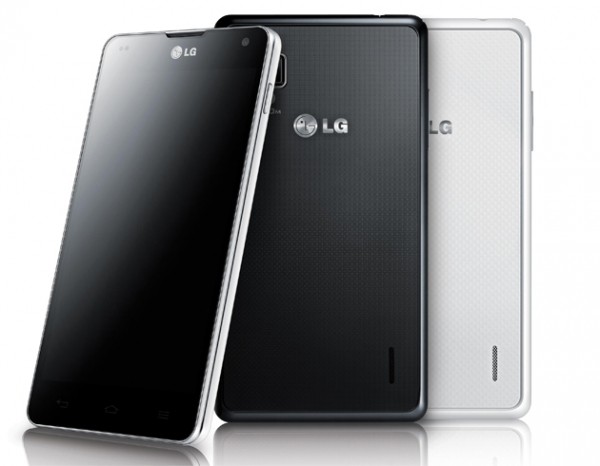Can you quote your source for this, because Android is built on top of Linux. Which has been optimized to work on multi-core processors long before they became available on smartphones. In fact quad-core and android is a natural fit.
Here is an article explaining some other benefits
http://android-zone.com/benefits-of-a-quad-core-smartphone/
You are using android-zone as your source? That's like me using a press release from Apple to prove how revolutionary their phone is.
As for my source, here it is:
http://www.theinquirer.net/inquirer/news/2182710/intel-claims-android-ready-multi-core-processors
(Sorry not sure what happened to my previous post. Ignore it) [Moderator's note: previous messed up post deleted]
lawfer, the source you quoted is an Intel engineer justifying why they are releasing a single core cpu when everyone else has gone multi-core, and then blaming the OS. So effectively another press release. It does not mention Windows or iOS either.
If windows is so wel optimised for multi-cores, why are they only releasing dual-cores.
Also, they are enough real-life benchmarks showing that some applications running on quad-cores, do run faster. So the user experience is improved. Which is why Android manufacturers will continue to bring out quad-core Androids.
Sorry for the late response.
You know what a press release is, right? Please find the actual definition of it, then compare it with what you just wrote.
And why should my source mention other OSes? The source is talking about an Intel engineer who conducted multiple tests on multi-cores prototypes, and found out that Android's thread scheduler wasn't taking proper advantage of the processing power.
Android uses Linux 2.6 for its low level management of resources. Linux 2.6 happens to use multi-level feedback queues as its scheduling algorithm. This favors I/O bound processes and short CPU burst processes (ideal for phones for responsiveness/interaction). This does however means that CPU intensive processes and low priority processes risk getting starved. This is tricky, as the scheduler needs to properly manage the processing power of the SoC to the respective running process; in Android, there are four:
1.Active Process
2.Visible Process
3.Started Service Process
4.Background Process
5.Empty Process
All that's being said by Intel is, that due to the lack of proper management of power to these processes, Android's multi-core performance is actually hindered, whether it is processes force-closing due to lack of resources or less than great battery life due to poor process managing.
Due to Linux, Android can indeed support multi-cores, but Android has had certain modifications for ARM that don't include all the intricacies of a full-fledged Linux kernel. And this includes the thread scheduler.
As for your Windows comment, what kind of processor are you currently running? Hell, don't answer that. Let me ask you, what kind of processor do you think gaming computers use? Dual-core? Quad? Octo? Well, Windows supports that and beyond, up to 256 cores. Windows NT for ARM doesn't support as many; "only" up to 64 cores.
Guess what OS will power WP8? A modified version of Windows NT. Technically the same OS you're running on your desktop. So yes, for developers, it's kind of a big deal even if consumers like you can't see it. Did you know WP8 will also support DirectX?
And why am I talking about WP8, you ask? Because it's underlying kernel has been around for more than 2 decades and it has been optimized for multi-cores from the beginning, unlike Android. (Android uses the Linux kernel, albeit a heavily modified one, please keep that in mind.)
And who said quad-core phones run slower than dual-core ones? All I said Android is not taking advantage of the <I>potential</I> power. This is fact, sorry. It's also the same reason why the new LG quad-core that's coming out will still lag when compared to, say, the dual-core iPhone 4S. It's not about support, it's simply about optimization.
